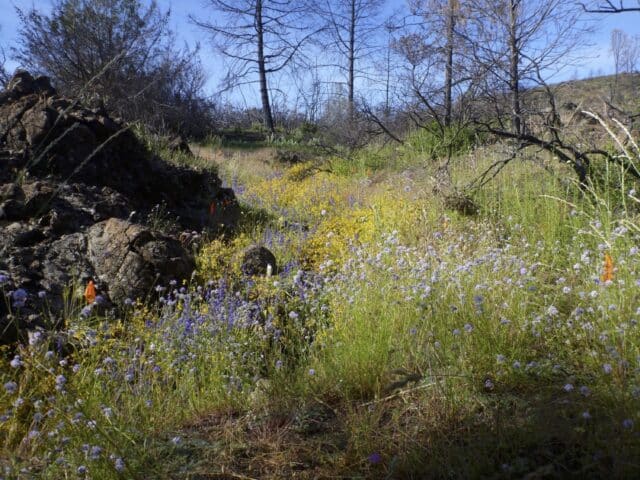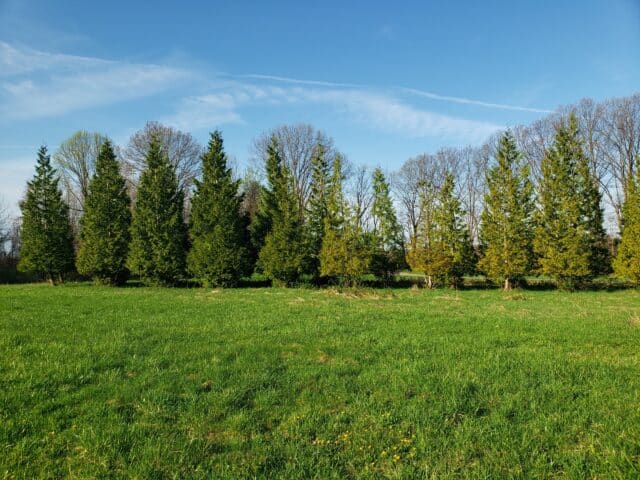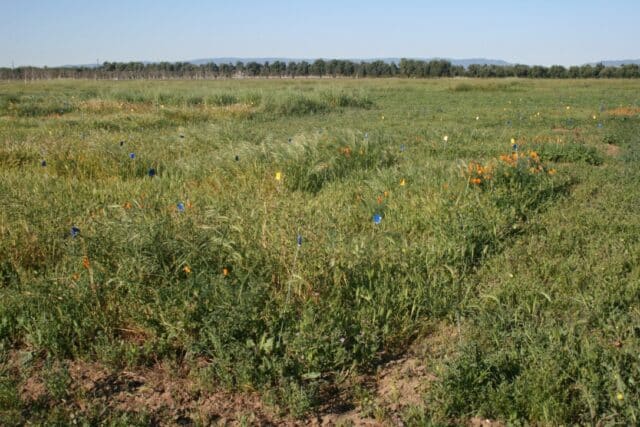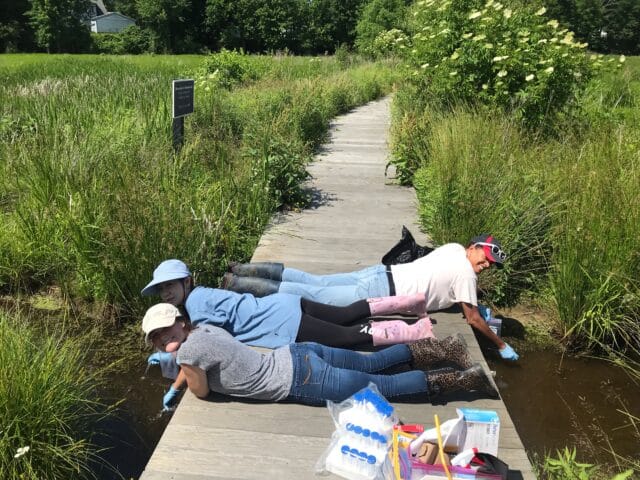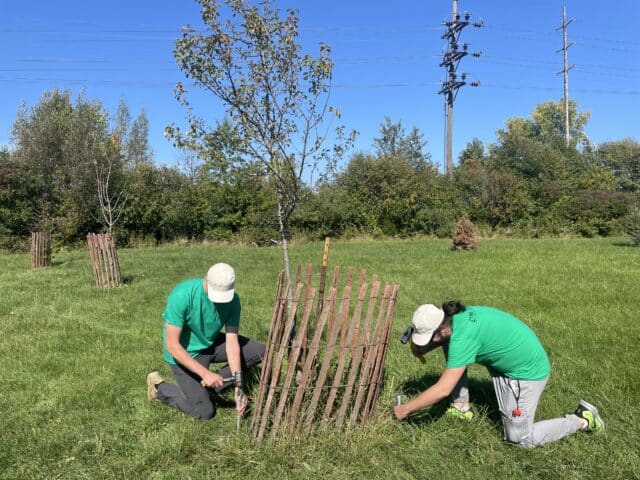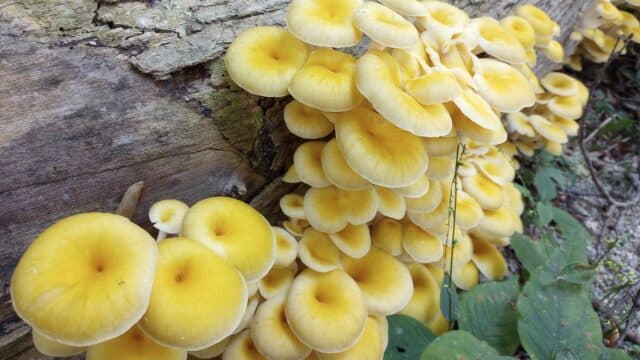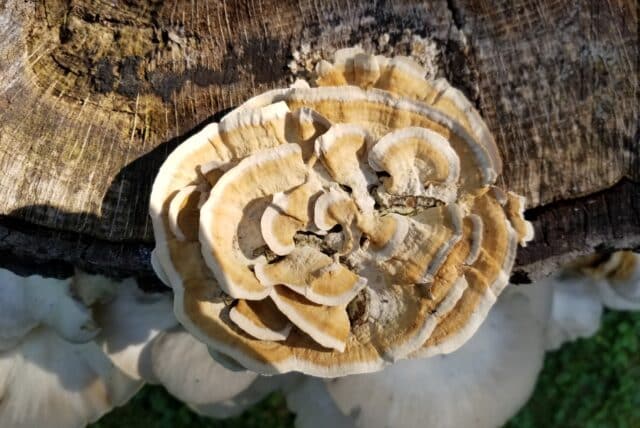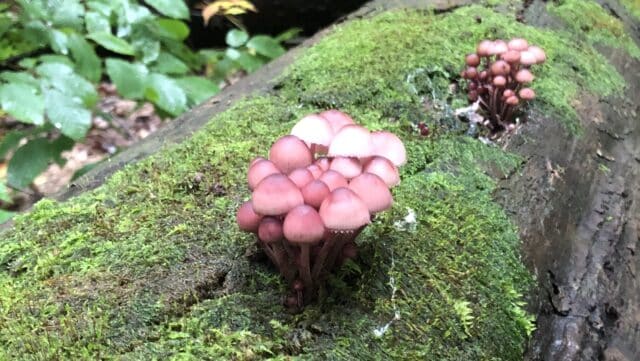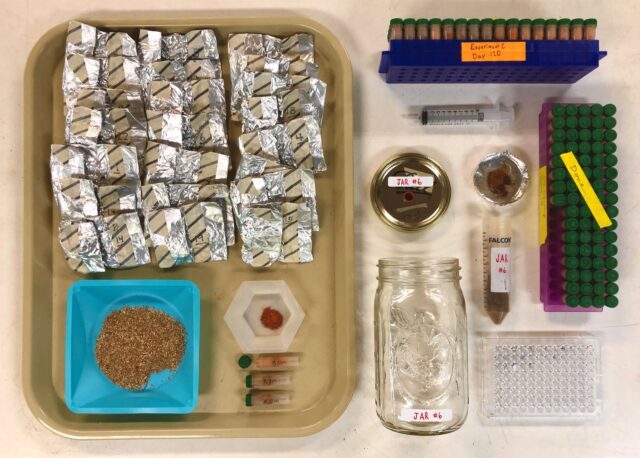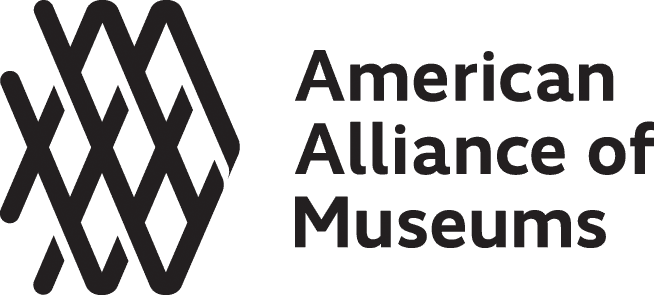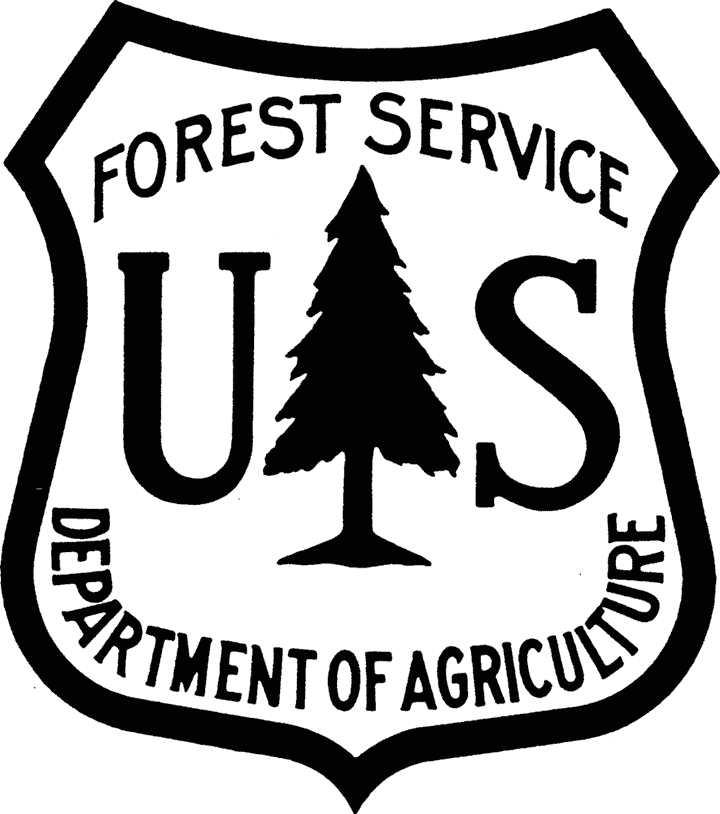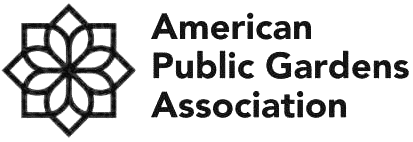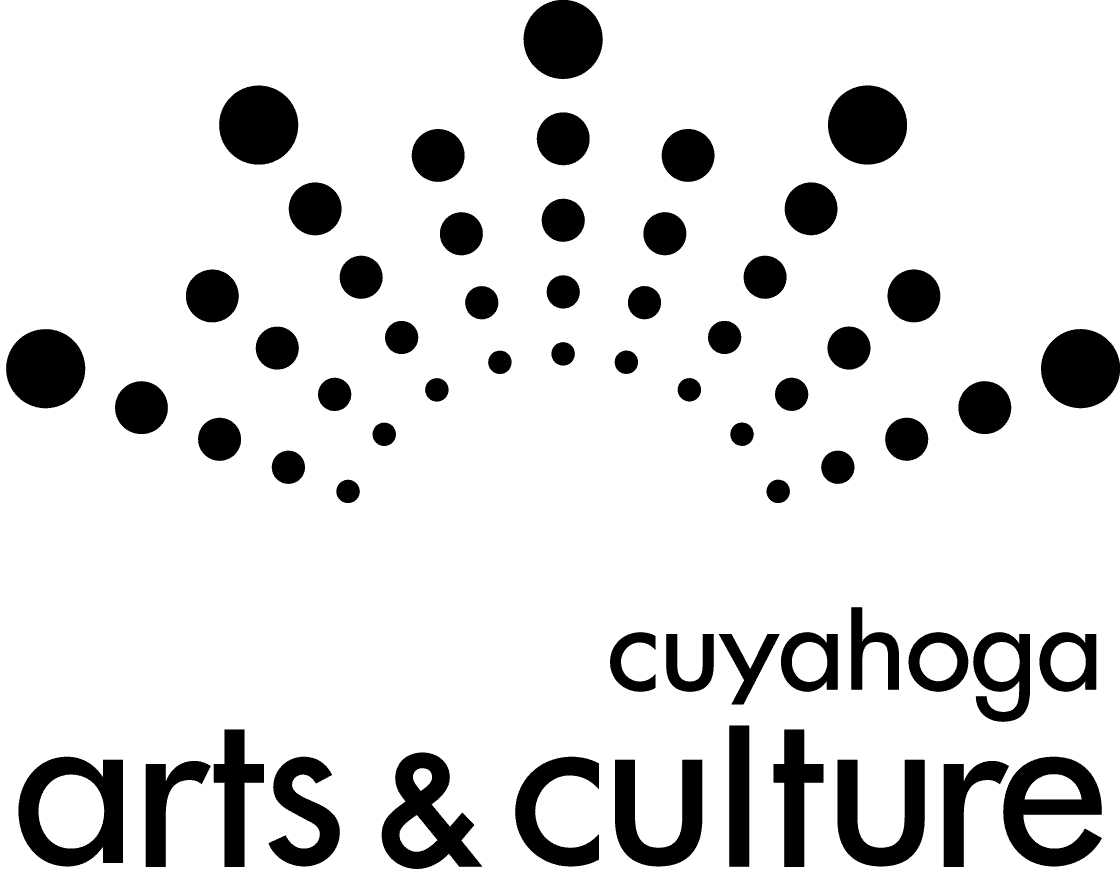
By Sharon Halkovics, Research Specialist
Years ago, I completed my undergraduate studies earning a bachelor’s degree in Environmental Health Science. I started down my career path assisting in a lab at a university. A couple of years later, I veered off course for a more hands-in-the-dirt experience and fell in love with small-scale farming. Farming led to working in restaurant kitchens then a culinary school, which eventually led to freelancing as a food stylist on large commercial accounts.
Working as a food stylist is a niche and unique trade. Not only do you have to know how to cook a wide breadth of dishes, but you also must become a walking manual of how to work with various ingredients and know how they behave (heating, melting, freezing, thickening, etc. – cooking is chemistry!). In addition, one also must be a ‘MacGyver’ in the kitchen. I’ve zipped burger patties and slices of tomato down 15 feet of fishing line, precisely color matched frozen drinks to photographs, and tinkered with leaveners in baking to achieve optimal cookie surface cracking. There is no other option on a commercial photoshoot – just find a solution and fast.
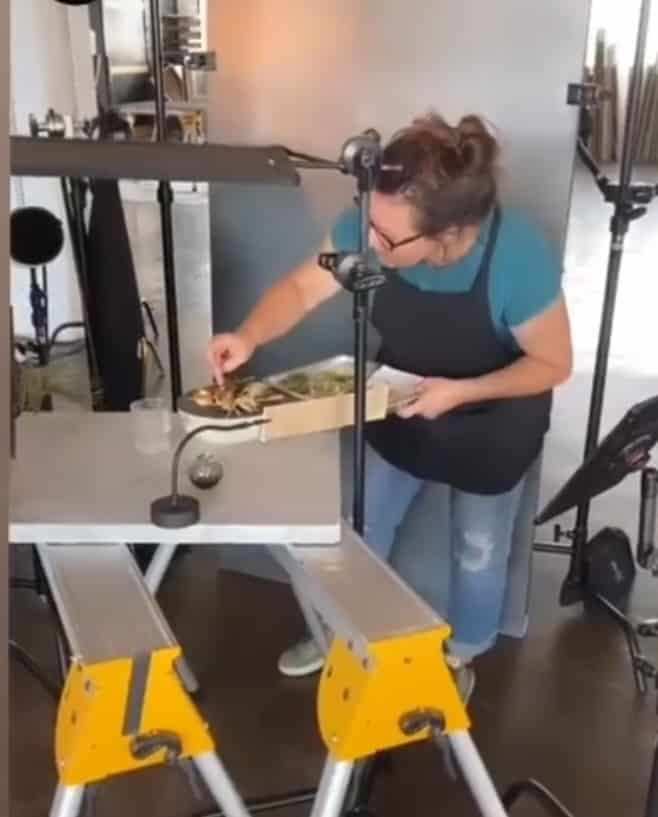
As time passed, I found myself taking online chemistry classes, reading biology books and wanting to know more of the ‘whys’ behind things again. I now work part-time in Juliana Medeiros’ plant physiology lab while also maintaining some of my food styling work. While I’m regaining footing in the world of biology, I’m enjoying discovering the overlap between the kitchen and the lab.
Some of the equipment needed for our research includes ovens for drying soil, microtomes (like a culinary mandoline) for very fine specimen slicing, spice mills for grinding dried leaf and stem samples, scales for weighing, and there are recipes to follow and fine motor skills to employ (using forceps deftly). Both professions practice the ‘mise en place’ approach (everything in its place) at the start of a workday or project. And a scientist with good micropipetting skills is like a chef with superior knife skills, both take practice and are invaluable talents to possess.
Although I side stepped off the traditional science path for a while, there is a natural ease and overlap from the kitchen that makes me feel at home in the lab. I am now underway and making progress on an R. Minus microsatellite project where I follow recipes and run gel electrophoresis.
All of this to be said, there are science jobs that fit a myriad of skills and preferences. For anyone with an interest – start asking questions. There is a vast world of opportunities to explore.
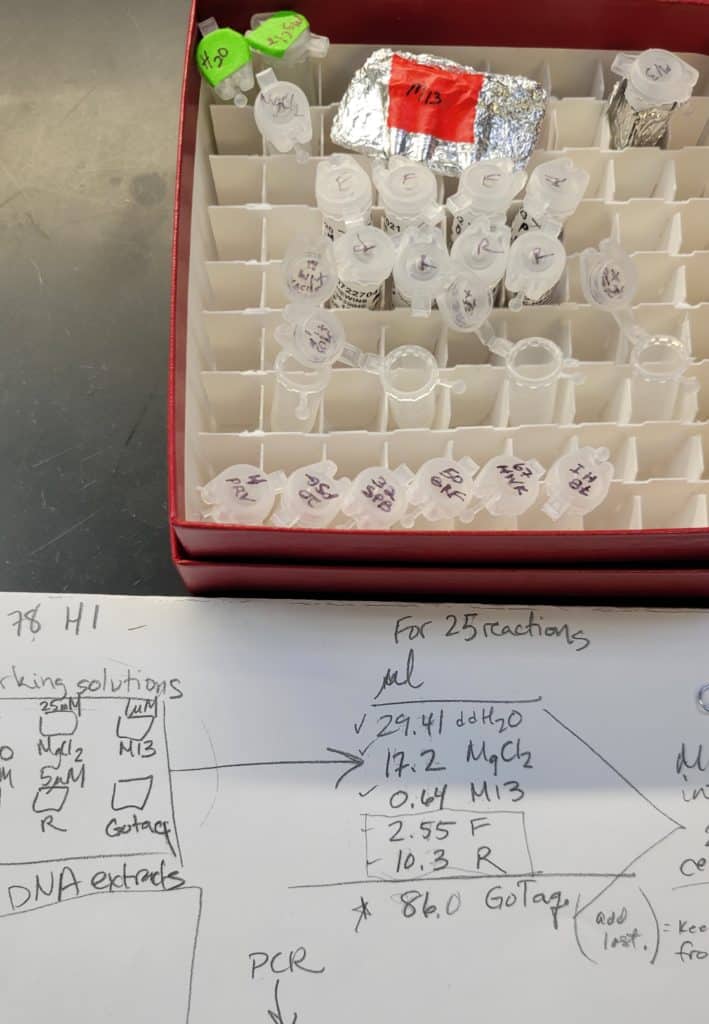

Sharon Halkovics
Research Specialist
I work as a research technician providing lab management and support in Dr. Juliana Medeiros’ plant physiology lab, which specializes in investigating the evolution of functional traits in the genus Rhododendron. After completing my undergraduate coursework in Environmental Health Science, my career and research became focused on agriculture, plants and food. In 2021, I joined the team part-time, and also work as a freelance recipe developer and food stylist.
